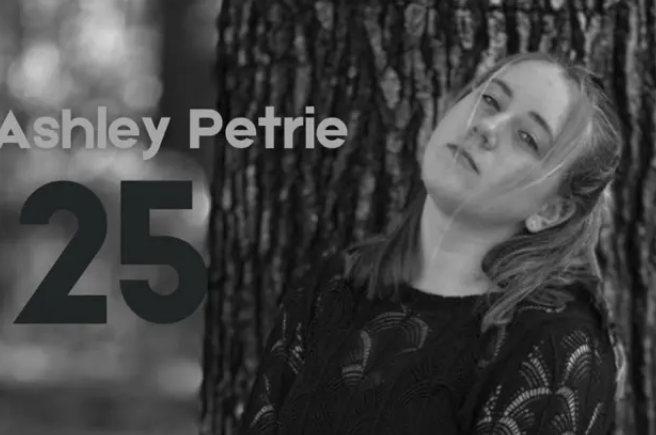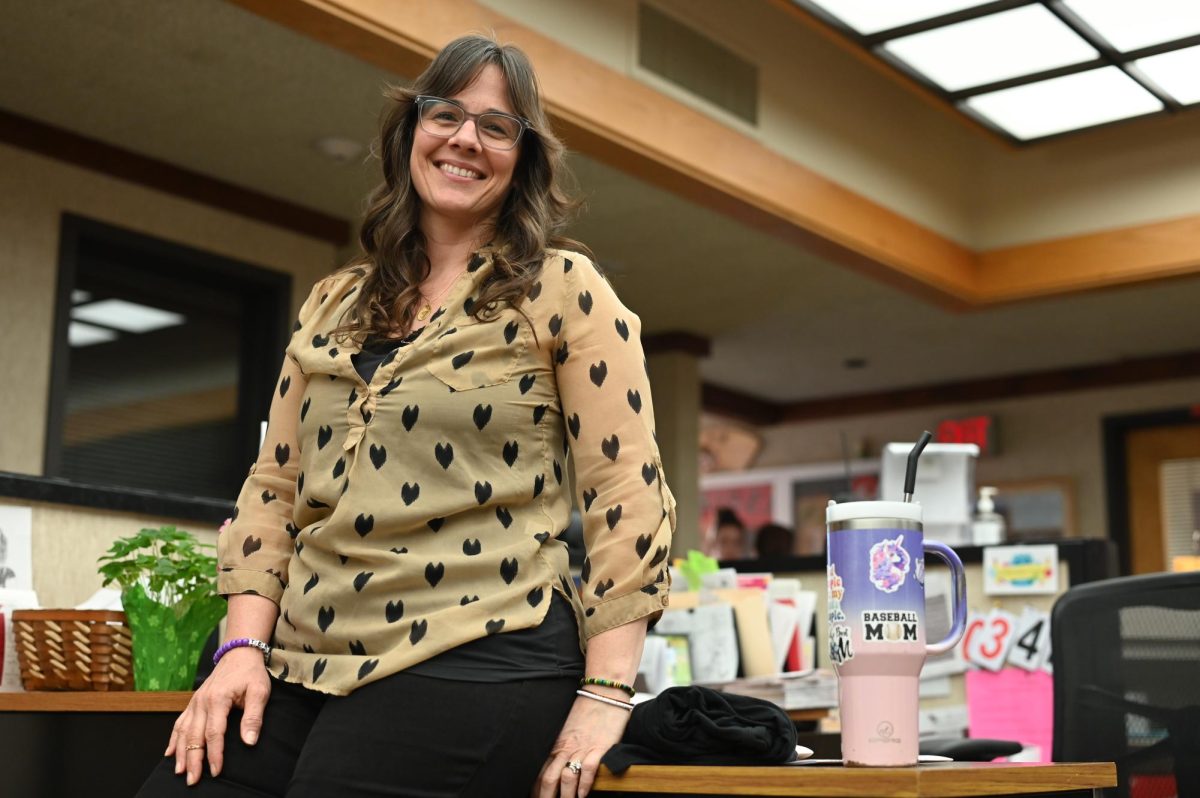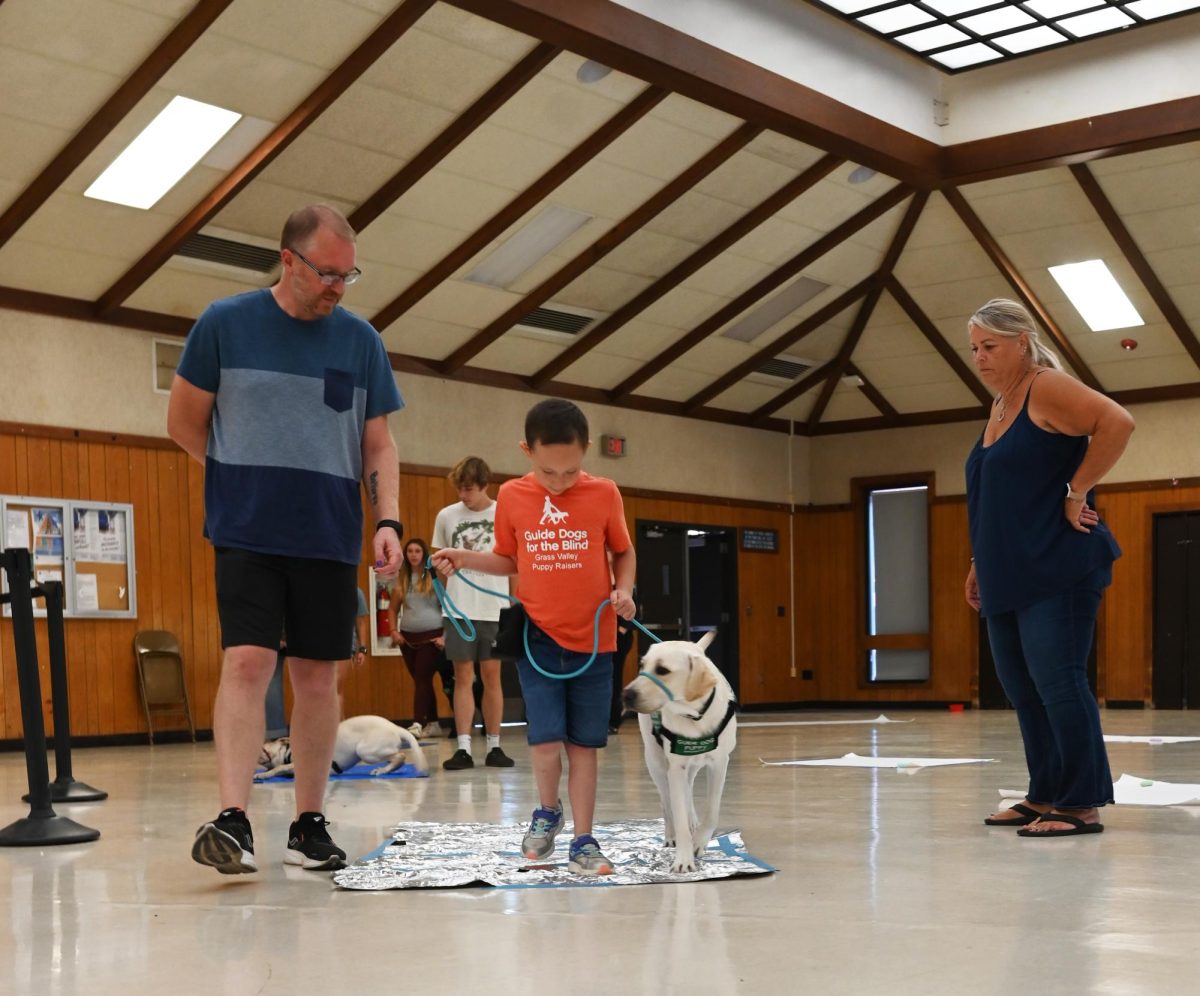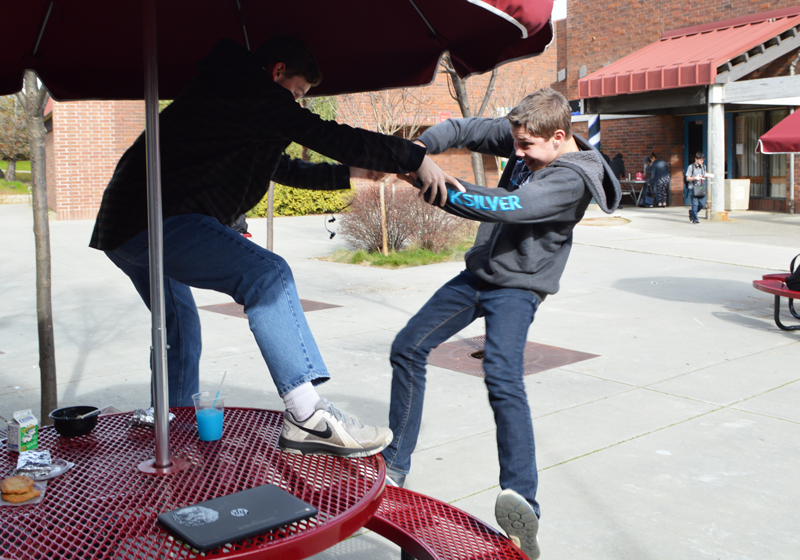When students reach senior year, they tend to feel a sense of superiority and responsibility, an instinctive reaction to their proximity to adulthood which changes the very way they walk the halls of Bear River.
However, does being a senior truly mean a sudden switch to adulthood, or does being an adult have nothing to do with age at all?
Senior Angelina Matteoli said that she believes that adulthood is more closely aligned with maturity than age.
“It’s whether you’re mature enough,” said Matteoli. “Because some people grow up differently, some mature faster and become adults faster.”
Senior Jake Leonard shared a similar opinion on adulthood, focusing especially on the factor of financial responsibility.
“Maturity should come before adulthood,” said Leonard. “You can’t be immature and be relying on yourself to pay bills.”
Senior Rachel Setting listed a wide variety of adult-qualifying responsibilities.
“The age you start working, or driving, and actually having a life outside of your parents,” said Setting. “So for some that’s like going off to college, and for others that’s working at a restaurant or driving yourself to school.”
Matteoli reiterated the necessity of being responsible.
“[People should act like adults] really soon because it’s annoying to be immature, so it’s better to just… act like an adult,” said Matteoli.
Leonard said that he believes that obtaining a drivers license should be a time when you mature greatly.
“Start acting like adults at like 16 because that’s when you are eligible to get your license and that’s a lot of responsibility,” he said. “That’s a good preparation stage.”
Guidence Counselor Bethany Williams talked about how all of high school is a transition stage as parents become less involved.
“I think that it’s a slow progression, but I think it’s interesting because in education your parents are such a huge part of your life,” Mrs. Williams said. “But… we start treating you like adults, and have expectations and we communicate mainly with you as the student. We don’t always include the parents.”
She also touched on the dangers of immaturity.
“When you look at our Core Values as far as empathy, just being a kind person, and your character traits, you have those your entire life,” she said. “I really think the more responsibility you have… you can do a lot more damage if you don’t act appropriately.”
Many people agreed that maturity and adulthood, although closely related, are two different things. Setting provided her insight on the legality of adulthood versus the actuality of leaving your childhood behind.
“Legally you’re an adult at 18,” said Setting. “But really, are any of us mature when we’re 18?” said Setting. “I don’t think so.”
Still, Leonard said that he thinks that students should, to a certain extent, be treated as adults.
“I think we should be treated as adults when we’re still in high school in order to prepare us for the real world,” Leonard said. “But then again, not let that get to our heads or take advantage of that.”



































